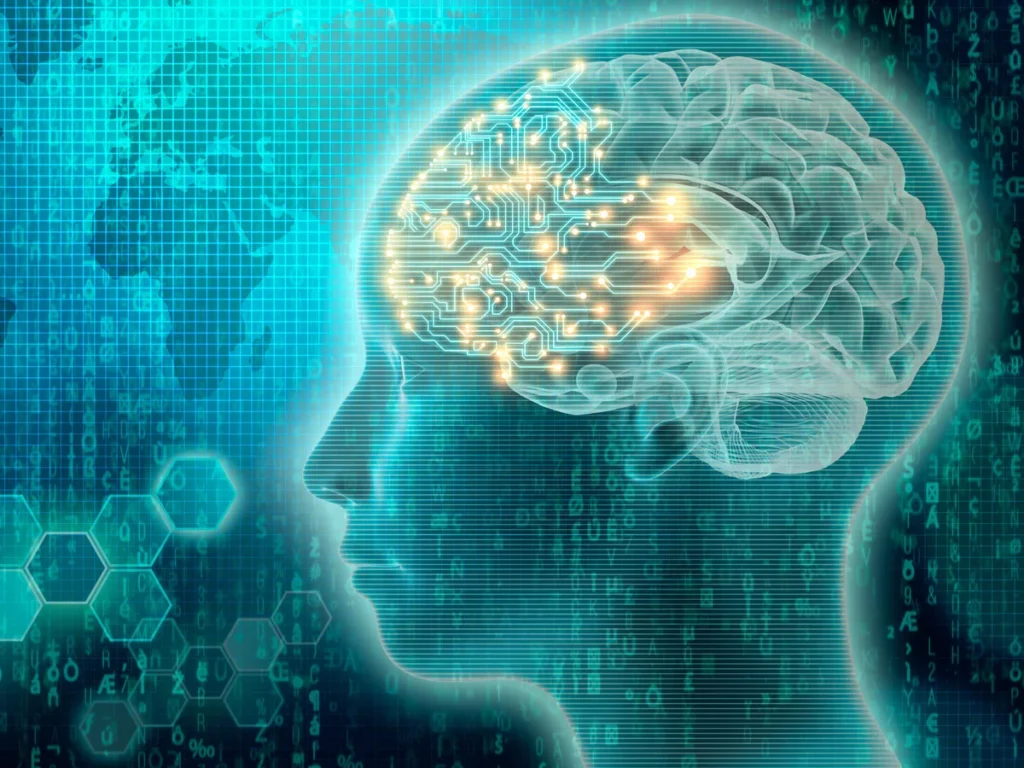UNESCO has formally approved the world’s first global framework on the ethical use of neurotechnology, establishing international standards for the development, regulation, and application of brain-monitoring and brain-interfacing technologies.
Setting International Standards
The framework provides guidelines for technologies that handle neural data — information collected from or transmitted to the human brain. This includes brain-computer interfaces, neural implants, and advanced neuroimaging systems capable of interpreting or influencing brain activity.
Ethical Principles and Human Rights
Amid growing concerns about mental privacy and freedom of thought, UNESCO’s framework emphasizes that ethical considerations must guide the design and deployment of neurotechnologies. Key principles include transparency, informed consent, data protection, and safeguarding against misuse by governments or commercial entities.
Potential and Challenges
UNESCO acknowledges the transformative potential of neurotechnology for medicine, communication, and human enhancement. However, the organization stresses that these innovations pose unprecedented ethical and societal challenges, necessitating robust governance to protect individual rights.
Implementation Timeline
The framework is set to come into force on 12 November 2025, marking a historic milestone in the global regulation of one of science’s most rapidly evolving and sensitive fields.

